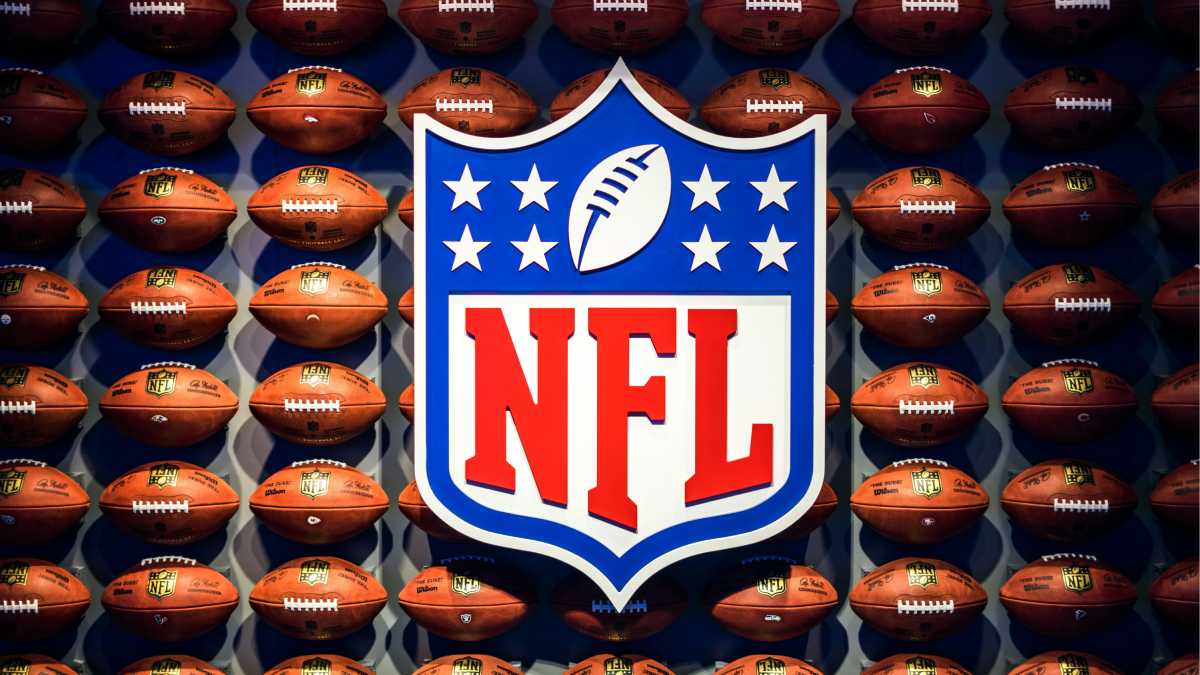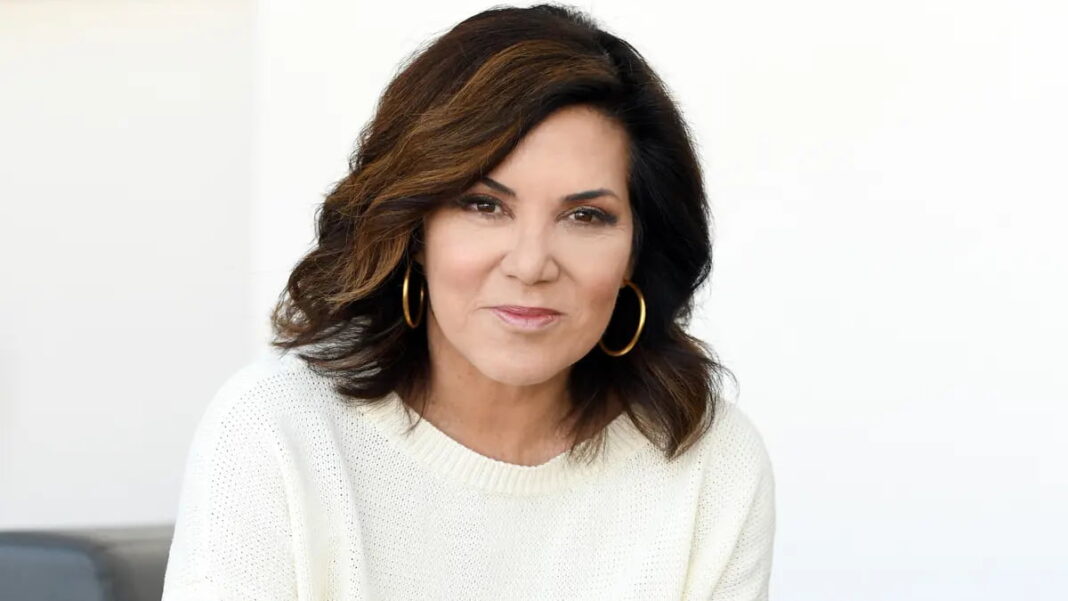Since 2018, sports betting on sportsbook apps has become a major industry. While many enjoy casual wagering, some professional athletes violate gambling rules even as leagues and teams enter lucrative partnerships. The incidence of problem gambling has skyrocketed. The radio industry has benefited from revenue provided by sportsbook apps, but could some personalities find themselves in a similar situation as athletes suspended for sharing information with bettors?
San Diego Padres infielder Tucupita Marcano became the first active Major League Baseball (MLB) player to receive a lifetime suspension for betting on the sport since 1924.
Four other players received one-year suspensions for betting on MLB games while playing in the minor leagues.
Then there’s the whole nasty incident involving Shohei Ohtani’s translator stealing more than $16 million to pay gambling debts.
The epidemic is hardly limited to MLB. This spring, Toronto Raptors forward Jontay Porter received a lifetime ban after an investigation showed that he bet on NBA games, disclosed confidential health information to bettors, and limited his playing availability.
Nine NFL players were suspended indefinitely in 2023, although five have been re-instated for 2024.
The door opened in 2018 when, in a 6-3 decision, the United States Supreme Court ruled that the Professional and Amateur Sports Protection Act (PASPA), which effectively banned sports betting nationwide, except in a few grandfathered states, was unconstitutional.
Gov. Phil Murphy (D-NJ) brought the case against the NCAA. After the ruling, New Jersey began sports betting, followed by other states. Sports betting is now legal in 38 states and Washington, D.C., with six more states considering legalizing sports gambling.
Before the Supreme Court’s Murphy v. NCAA ruling, legal sports betting was limited mainly to Nevada. That didn’t stop millions of Americans from placing bets through “bookies,” and as the internet became commonplace, offshore betting sites.
Offshore betting apps were based in countries with lenient gambling regulations, such as Costa Rica and Panama. They were unregulated, leading to concerns about security and reliability. User experiences varied. While some sites had good reputations, others were notorious for slow or no payment and poor customer service.
The Court’s ruling legalized sports betting and made it easier to participate by giving rise to new sports betting apps such as DraftKings (with 3.5 million average monthly paid users at the end of 2023), FanDuel (2.5 monthly users), and others. Thirty states currently allow mobile sports betting.
Many fans enjoy sportsbook apps and find that placing bets, especially prop bets, makes watching games more interesting. However, they do not come without problems.
Search on “sports betting addiction,” and hundreds of articles appear, in addition to those about athletes betting.
“The National Council on Problem Gambling estimates that approximately 2.5 million adults in the U.S. are severely addicted to gambling, and another four to six million people have mild to moderate gambling problems.”
One article reports a Council survey found that “a quarter of young adults frequently experienced at least one sign of problem gambling, like hiding bets from other people or feeling restless or irritable when they tried to scale back.”
The American Psychiatric Association and the American Medical Association recognize pathological (or “compulsive”) gambling as a diagnosable mental disorder. Nearly every state has seen increased demand for treatment services related to problem gambling. In Connecticut, for example, calls to the gambling hotline have doubled since 2019.
Problem gamblers are increasingly younger. “An analysis by professors at the University of Buffalo found that one out of 10 college students is a pathological gambler.”
A Time Magazine story from December 2023 reported, “A survey of 3,527 Americans between ages 18 and 22—mostly college students—by the National College Athletic Association shows nearly 60% have bet on sports, and 4% do so daily. Almost 6% reported losing more than $500 in a single day.”
The increase in gambling addiction is bringing increased scrutiny, including from Members of Congress. Several are proposing new legislation to regulate or curb sports betting.
Is it any wonder athletes get caught up in gambling when the NFL, MLB, NBA, and NHL all have partnership agreements with sportsbook apps? In most stadiums and arenas, sportsbook apps have signage.
In addition to the leagues’ partnerships, individual teams have their own deals with sportsbook apps. Several teams have agreements with multiple sportsbooks.
By my count, at least 28 of 32 NFL franchises have at least one sportsbook partnership. I found 24 NBA teams, 21 MLB franchises, and 16 NHL teams with one or more partnerships with sportsbooks. This list may not be inclusive or up to date.
Sportsbook apps have been a financial boon to the legacy media, including the radio industry.
According to BIA Advisory Services, sportsbooks spent $164 million on radio advertising in 2022. During the week of September 5, 2022 (the first week of the NFL season), three sportsbooks ranked among the top 100 advertisers in the number of radio ads:
- DraftKings: Ranked 9th with 28,945 AM/FM spots, the most ever by a sportsbook.
- FanDuel: Ranked 52nd with 11,268 ads.
- Caesars Sportsbook: Ranked 86th with 6,766 ads.
Super-agent Leigh Steinberg recently wrote an op-ed for The New York Times about athletes gambling on sports.
In his piece, he mentions an incident when he represented San Francisco 49ers quarterback Steve Young. Before it was public knowledge, Steinberg knew that Young would not play in the next game.
Steinberg wrote: “Were I a betting man, I could have used that information to place potentially lucrative wagers on the game. I didn’t because when you work with or around professional athletes, you are obligated to uphold the integrity of your players. But today, placing such a wager would be as easy as pulling out one’s smartphone.”
What implications could that have for radio personalities and their relationships with sportsbook apps and professional sports teams?
Sports Radio personalities, in particular, often endorse sportsbook apps and spend significant time covering and hanging around sports teams and athletes. They seek out stories and news about the teams and players. They frequently have information before it is public.
Sports personalities often know about injuries, dissension in the locker room, or other factors that may affect a team’s performance. The knowledge they gain from their closeness to the team could be an advantage bettors would like to have.
It’s not a far stretch to think Sports Radio personalities, some of whom endorse sportsbook apps, could share information before it became publicly available with the apps other bettors or use their knowledge to profit themselves.
One of the charges against Jontay Porter was that he shared health information with bettors. Could this logic apply to Sports Radio personalities? Do radio personalities who endorse sportsbook apps and have special knowledge about the sports teams they cover be charged with trading on insider information? These are not inconceivable arguments.
Sports betting took off after the 2018 Supreme Court decision. Since then, some athletes have been involved in gambling, from sharing information to betting on games. There have been suspensions. It is a black eye on professional sports. Perhaps this shouldn’t be surprising when the leagues and individual teams in the four major sports have partnerships with one or more sportsbook apps. Across the nation, gambling has become an increasing problem, especially for young men.
Legacy media has benefited from the sportsbooks’ large advertising budgets, with many radio personalities enjoying endorsement deals. As gambling becomes a bigger problem and sports betting receives additional scrutiny, will the relationship between media personalities who cover the teams and gambling on them become an issue?
I wouldn’t bet against it.
Andy Bloom is president of Andy Bloom Communications. He specializes in media training and political communications. He has programmed legendary stations including WIP, WPHT and WYSP/Philadelphia, KLSX, Los Angeles and WCCO Minneapolis. He was Vice President Programming for Emmis International, Greater Media Inc. and Coleman Research. Andy also served as communications director for Rep. Michael R. Turner, R-Ohio. He can be reached by email at andy@andybloom.com or you can follow him on Twitter @AndyBloomCom.








